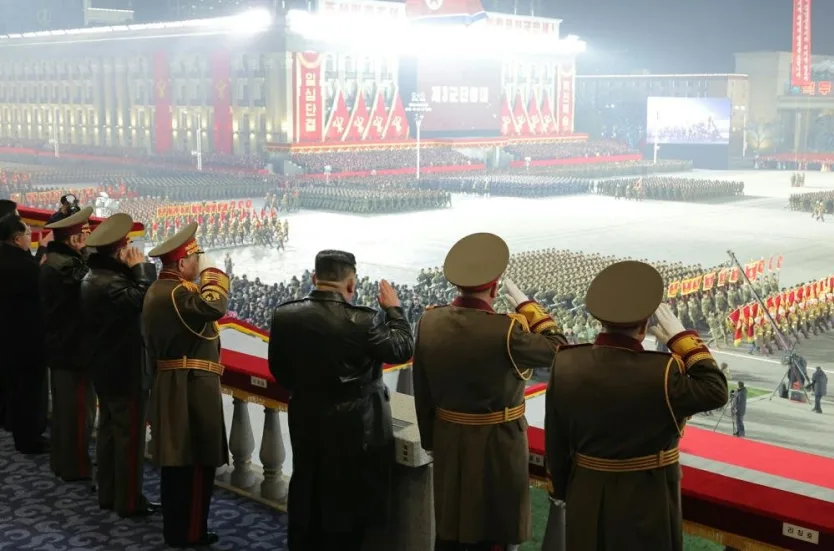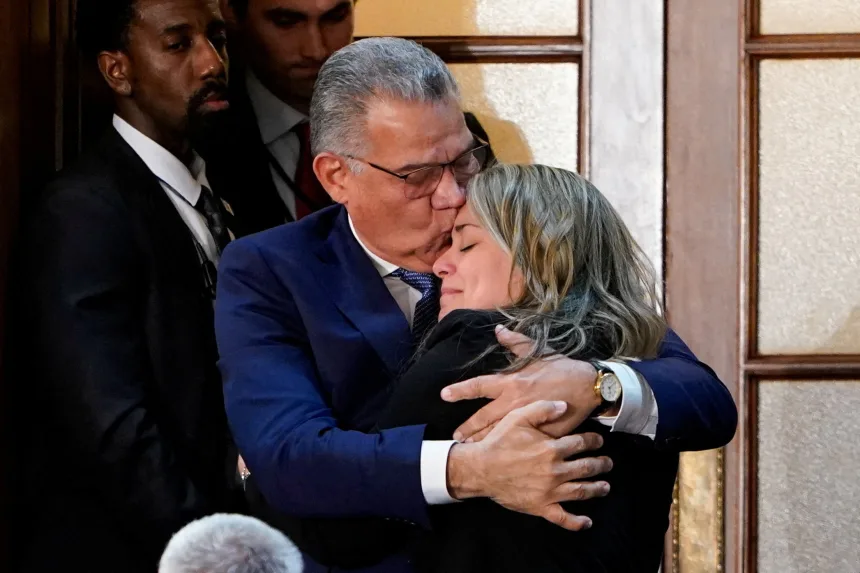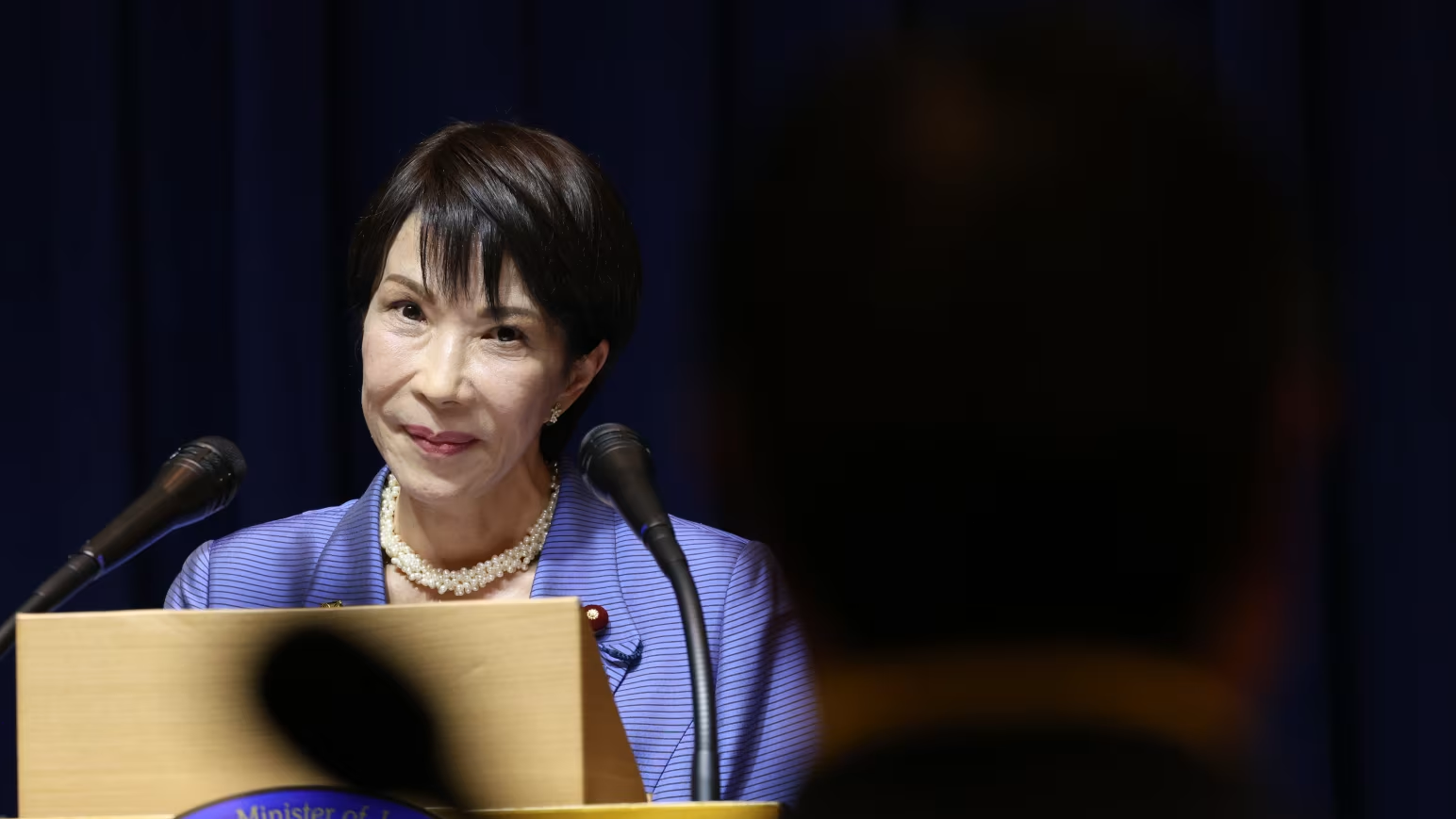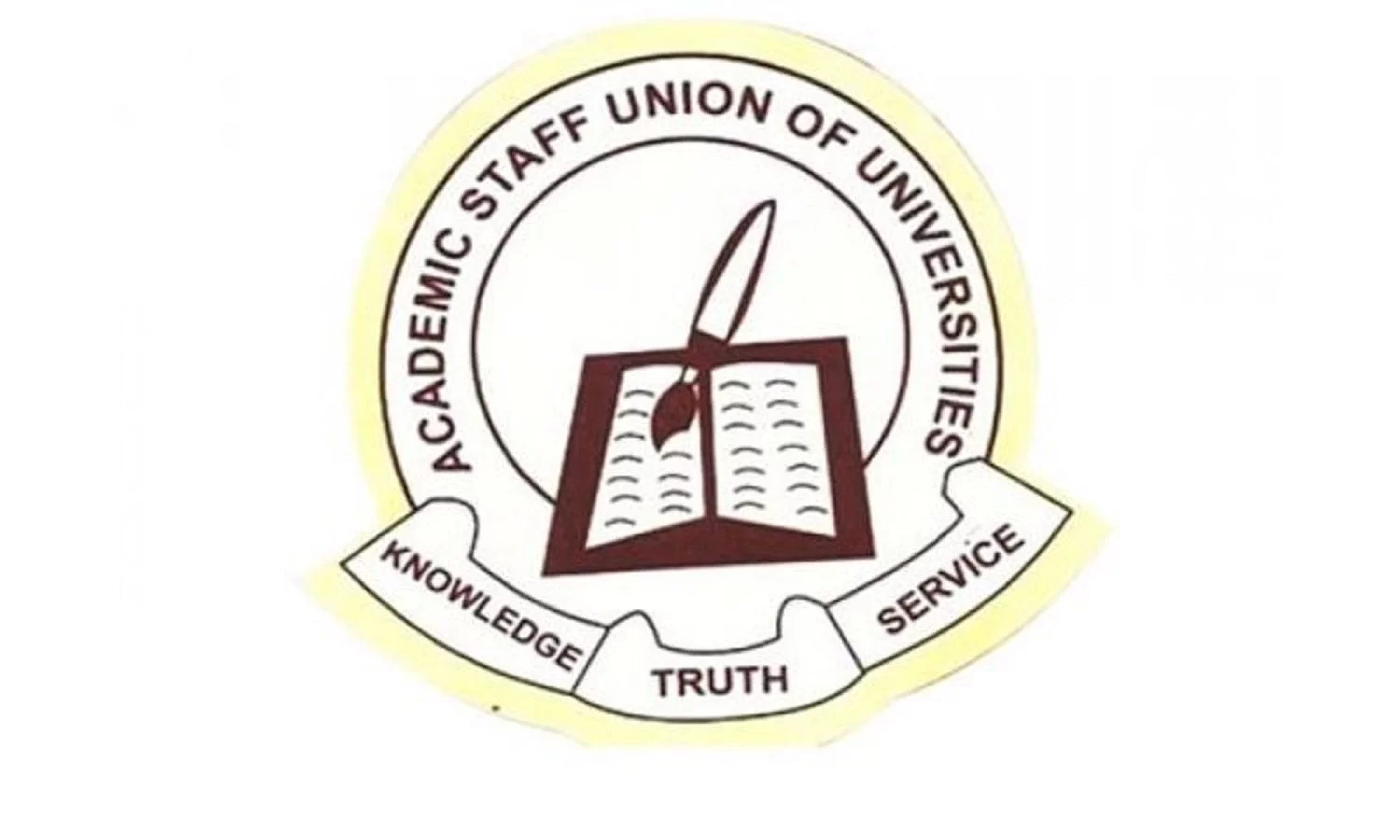Now Reading: Venezuelans divided as US aircraft carrier’s arrival stirs fear, pride, and hope
-
01
Venezuelans divided as US aircraft carrier’s arrival stirs fear, pride, and hope
Venezuelans divided as US aircraft carrier’s arrival stirs fear, pride, and hope
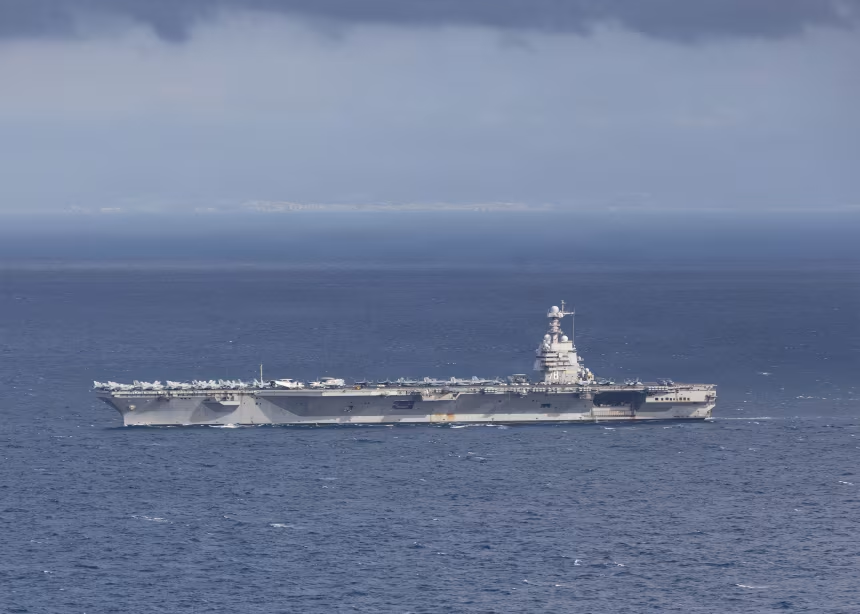
Tensions are rising in Caracas after the arrival of the world’s largest aircraft carrier, the USS Gerald R. Ford, in the Caribbean — a move that has reignited old suspicions and sparked new anxieties among Venezuelans.
The US Navy said the carrier strike group was deployed to bolster operations targeting drug-trafficking networks across the region. But in Venezuela, the move is widely seen as a show of force aimed at President Nicolás Maduro’s government, with both officials and citizens divided over Washington’s true intentions.
“I think it’s an abuse,” said Noemí Lozada, a housewife in the El Rosal district. “The United States shouldn’t interfere in that way.”
For others, the presence of the carrier offers a glimmer of hope in a country battered by years of economic collapse. “We need help from the United States, unquestionably. If not, we cannot get out of this situation,” said a woman who declined to be named for fear of reprisal.
As the USS Gerald R. Ford transited the Strait of Gibraltar earlier this month, social media in Venezuela lit up with speculation about what might come next. Some fear the move could escalate into direct confrontation; others see it as the potential beginning of long-awaited political change.
“We are Venezuelans and we will die with our boots on,” said Frank Molina, a personal trainer. “I will defend my homeland to the death.”
Meanwhile, the Venezuelan government has condemned the US deployment as an “imperialist threat.” Defense Minister Vladimir Padrino López announced a “massive mobilization” of troops, weapons, and equipment — including air, land, and naval units — in response to what he described as an attempt to intimidate Caracas.
Washington insists the military buildup is focused solely on disrupting narcotics routes into the United States. However, CNN reported that some US officials have privately acknowledged broader strategic goals, including efforts to pressure Maduro’s administration.
The Trump administration has reportedly been weighing plans to target cocaine facilities and smuggling networks inside Venezuela. But according to sources, the White House has yet to establish a clear legal justification for any potential strikes within the country.
Local media in Venezuela are covering the situation cautiously under tight government oversight, while state-run outlets push the official narrative of resistance against US “aggression.” Yet online, many Venezuelans voice uncertainty — and in some cases, quiet support — for external intervention.
“People are anxious, but some are happy about the carrier’s arrival,” said an administrator who requested anonymity. “Maybe this is what we need for things to change.”
On the streets of Caracas, the mood is tense but resilient. “Honestly, the situation makes me nervous,” said painter Enrique Díaz. “While it could bring some benefits, it’s also unpleasant — like living with constant uncertainty.”
For now, both nations appear locked in a dangerous standoff — one defined by mistrust, fear, and the faint but persistent hope that Venezuela’s long-running crisis might finally find a resolution.
